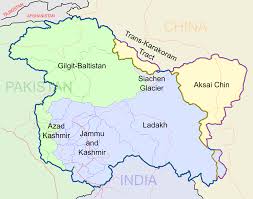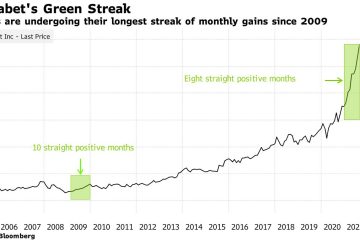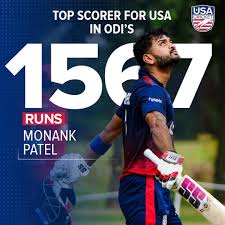Pakistan Occupied Kashmir: An Overview of Current Affairs

Introduction
Pakistan Occupied Kashmir (POK), also known as Azad Jammu and Kashmir, holds a pivotal role in the longstanding conflict between India and Pakistan over the Kashmir region. This area has been a subject of international debates and policy discussions, especially in the backdrop of recent developments that have drawn international attention.
Historical Context
The conflict over Kashmir dates back to 1947, when British India was partitioned into India and Pakistan. The princely state of Jammu and Kashmir, with a majority Muslim population, was ruled by a Hindu Maharaja who initially sought to remain independent. In October 1947, tribal militias from Pakistan invaded, prompting the Maharaja to seek military assistance from India, which led to the first Indo-Pakistani War. Under UN Resolutions, a ceasefire was established, creating the Line of Control (LoC) and dividing Kashmir into Indian-administered Jammu and Kashmir and Pakistan-administered POK.
Current Developments
As of October 2023, POK remains a point of contention between India and Pakistan with both countries reaffirming their respective claims over the entire region. According to a recent report by the International Crisis Group, the political climate in POK has been tense, with many locals expressing dissatisfaction over governance issues and human rights violations. The Pakistani government’s increased military presence and restrictions on freedom of speech have added fuel to these grievances.
Moreover, international observers, including human rights organizations, have highlighted ongoing issues related to the treatment of residents in POK, including allegations of discrimination against ethnic minorities and curbs on political dissent. The recent public outcry over these issues has sparked discussions about autonomy within Pakistan and calls for greater representation in local governance.
Conclusion
The plight of those living in POK intersects not only with local and national politics but also with international relations. As tensions continue to simmer along the Line of Control, the role of global powers in mediating this conflict may become increasingly relevant. For the residents of POK, the future remains uncertain, with ongoing debates about autonomy, governance, and basic rights. Vigilant monitoring and diplomatic engagement are essential to address these significant issues, creating a pathway towards a more stable and just resolution in the region.









